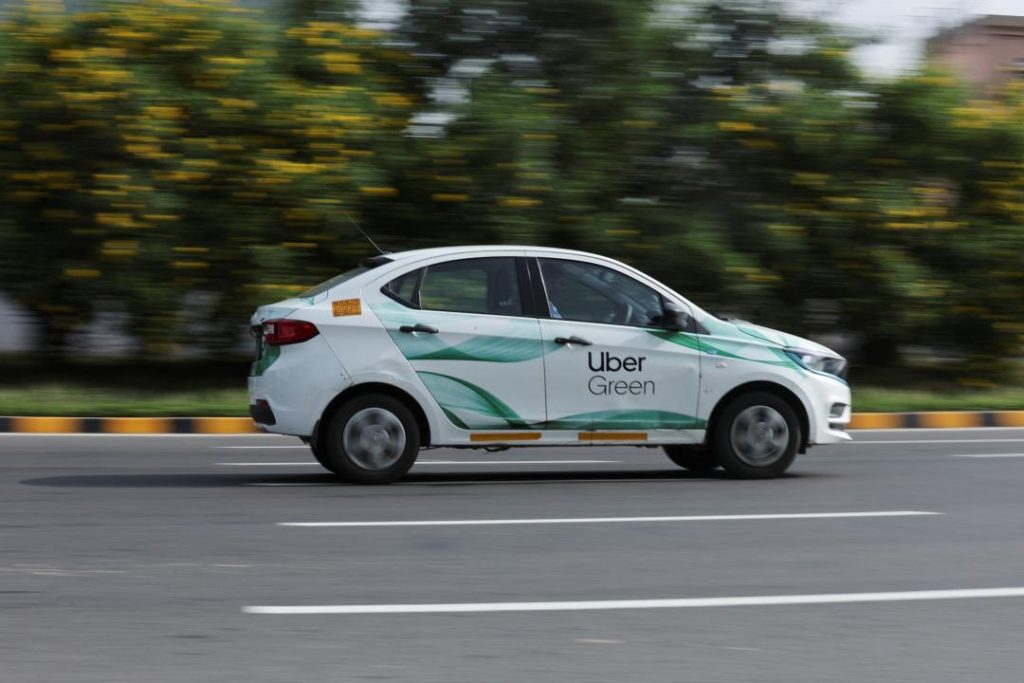
Why are Ola, Uber & Rapido drivers on indefinite strike in Mumbai?
The streets of Mumbai have been witnessing a unique phenomenon in recent days – the absence of Ola, Uber, and Rapido cabs. The reason behind this unusual sight is that the drivers of these cab aggregators have gone on an indefinite strike, causing disruptions in the city’s transportation system. The strike has resulted in longer wait times and fewer cabs on the road, leaving many commuters scratching their heads.
But what led to this strike? In an effort to understand the reasons behind this sudden disruption, it’s essential to delve into the world of ride-hailing drivers in Mumbai.
According to a report by NDTV, the drivers of Ola, Uber, and Rapido are protesting against the low earnings they receive after deducting aggregator commissions and fuel expenses. Drivers claimed that their actual income falls to just ₹8-12 per kilometre, which they consider unsustainable amid rising fuel and maintenance expenses.
Rajinder Kumar, a driver who has been working with Ola for the past three years, explained the situation in a candid manner. “We are not against the aggregators, but we want a fair deal. We spend a lot on fuel, maintenance, and tolls, and after deducting these expenses, we are left with a meager amount. It’s not possible to survive on ₹8-12 per kilometre.”
Another driver, who wished to remain anonymous, added, “We are not asking for the moon, but a decent living wage. We are the backbone of these aggregators, and without us, they would not be able to operate. It’s time they recognize our value and give us a better deal.”
The strike has caused inconvenience to thousands of commuters in Mumbai, who are now forced to look for alternative modes of transportation. However, the drivers are determined to continue their protest until their demands are met.
So, what are the demands of the drivers? According to an article by NDTV, the drivers are seeking a minimum guaranteed income of ₹18-20 per kilometre, in addition to a reduction in aggregator commissions. They also want the aggregators to bear the cost of fuel, tolls, and maintenance, which currently fall on the drivers.
The strike has not only affected commuters but also the aggregators themselves. A spokesperson for Ola said, “We are working closely with our driver-partners to resolve the issue. We understand their concerns and are committed to finding a mutually beneficial solution.”
Uber and Rapido have also issued statements expressing their willingness to engage with the drivers and find a solution. However, the strike is yet to be resolved, and the drivers remain firm in their demands.
In conclusion, the strike by Ola, Uber, and Rapido drivers in Mumbai is a wake-up call for the aggregators to re-examine their business model and recognize the value of their drivers. The drivers are not asking for the moon, but a fair deal that allows them to make a decent living. As the city’s transportation system is deeply dependent on these aggregators, it is essential to find a solution that benefits both the drivers and the commuters.






